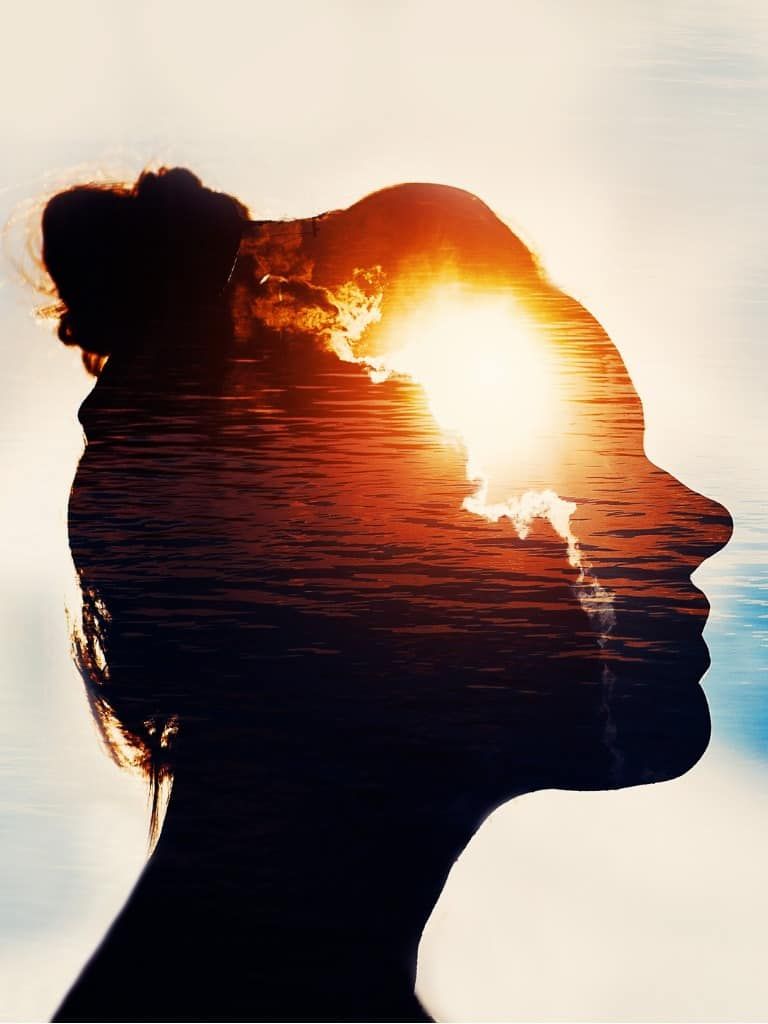
In his book Breathing Underwater, Richard Rohr writes that “all mature spirituality, in one sense or another, is about letting go and unlearning.” We are often told to let go of things like bitterness, or situations that we can’t control. But sometimes change requires letting go of things that are deeply rooted in the way we live our lives.
The journey of recovery is about unlearning the lies that we have believed to be true. It is about letting go of toxic patterns that have brought us to a point where we are sure that there is no way out.
Thousands of small actions and fleeting moments combine to create the way we experience the world. Our habits have formed the fabric of our lives. Things we learn inform our conceptions of truth.
In active addiction, the disease has led us to a point of danger and hopelessness. The habits and patterns that are deeply ingrained in our lives are drowning us. We have probably tried and failed to change on our own, so we must turn our eyes to something outside of ourselves.
We came to believe that a Power greater than ourselves could restore us to sanity. – Step 2 of the 12 Steps
Step Two can seem a bit daunting. The idea that we need our sanity restored, not to mention that we need a Power outside of ourselves to do it, seems overwhelming and almost too mystical. But it is important to start by saying that the journey of the 12 steps is not a claim to have all the answers – or any answers, really. It is actually about starting to ask the right questions.
- Do I accept that I am really powerless over alcohol or drugs?
- Have I been unable to break the vicious cycle of addiction by my own power?
- Do I believe, or can I even begin to believe, that better is possible?
- Can I believe that the ability to change must come from a Power greater than me?
A Power greater than ourselves
There is a common misconception that the 12 steps are overtly religious. They are much better described as spiritual. This Power does not have to be synonymous with the Judeo-Christian God, or any form of organized religion for that matter. The power of community can be greater than ourselves. The cosmic and evolutionary power of the universe can be greater than ourselves.
The point is, every effort to solve the problem of addiction by our own power has failed, so now we must turn to something bigger, something stronger, something greater. The individualistic world around us rejects that we need anyone or anything other than ourselves, just as it rejects the idea that we are powerless. That is why this is a process of surrender.
This step does not tell you who or what you have to believe. You get to discover a Power greater than yourself, and you get to explore what that looks like in your life.
Therefore, Step Two is a rallying point for all of us. Whether agnostic, atheist, or former believer, we can stand together on this step. True humility and an open mind can lead us to faith. – 12 Steps and 12 Traditions
Fostering hope
Step One outlined the unrelenting grip that addiction has on one’s life, as well as the reality of powerlessness. It is about acceptance. Step two is about starting to develop and claim hope.
Hope is not meant to be a vague or distant concept for which we just cross our fingers, bow our heads, or wish upon a star. Hope is real and grounded. You can find it within the circles of the recovery community. You can find it in meetings, when folks in all stages of recovery come together to create spaces of radical acceptance, because they believe that better is possible. You can hear it in the stories of those who were once swallowed by darkness and now live in light.
Claiming hope does not mean that we have no doubt or uncertainty. In fact, if we are honest, we will find that hope and doubt often coexist, and the tension between the two is actually a good and beautiful thing. We do not have to have certainty, we just have to be willing to show up. There is power in showing up with open hands-willing to be wrong, willing to accept help, and willing to believe that better is possible.
